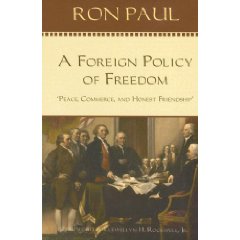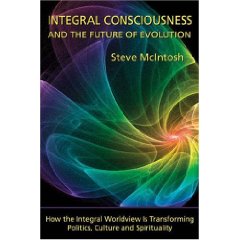
Mike Huckabee
I bought four of Governor Huckabee's books, and spent much of Sunday going through them. I've decided to do one review posted four times, to provide anyone visiting one of the four books to see four snapshots in one place. I am NOT looking for multiple votes. This is my bottom-line over-all assessment of one of the three people I believe is qualified to b;ring our Nation together, the others being Senator Obama, and Representative Paul, who will not win but could demand electoral reform when Congress returns.
1998,Kids Who Kill: Confronting Our Culture of Violence, is his first book and also the most earnest. I like this book, very much. The Governor weaves a rich tapesty of a culture of disrespect, too many bad laws, not enough community and faith, and I for one buy into his message: our society has fragmented and we reap what we sow. See also my reviews of:
Rage of the Random Actor: Disarming Catastrophic Acts And Restoring Lives
The Cheating Culture: Why More Americans Are Doing Wrong to Get Ahead
2000, this book, I find equally earnest, with a very strong consistent appreciation for God and faith and community in faith, for stewardship. Like the first book, I give this one five stars. I now include this book with other positive books on religion, see my reviews of:
GOD'S POLITICS: Why The Right Gets It Wrong & The Left Doesn't Get It (H)
The Left Hand of God: Taking Back Our Country from the Religious Right
Faith-Based Diplomacy: Trumping Realpolitik
2007 Character Makes a Difference: Where I'm From, Where I've Been, and What I Believe
2007 From Hope to Higher Ground: My Vision for Restoring America's Greatness
Both of the above are formula books, somewhat contrived, but earnest and sufficient to come to at least two conclusions:
1) This citizen is not going to let go of God or faith. He is completely different from Milt Romney, whom I consider to be just a little too slick about his Mormon loyalties (CIA officers who were Mormons would fall asleep at their desks because the Mormon church had them up working all night).
2) This is a sincere good man (I based this on seeing him elsewhere as well). I frankly think that he brings the right respect for faith and God, and we need some of that in the White House, not lies and treason documented in Tempting Faith: An Inside Story of Political Seduction and American Fascists: The Christian Right and the War On America. As an estranged moderate Republican and Methodist, outrages by the crimes committed in our name, I think its time we had a moderate faith in God back in the White House.
The latter book touches on various “mandate for change” issues, and one has to be somewhat dubious on his record, since more than one person from Arkansas has told me they lost income and the schools lost funding during his tenure.
We need change. I'd like to see Mike Huckabee lead a dialog with all congregations on God's Politics, the Left Hand of God, and Faith-Based Golden Rule morality in all our policies at all levels. Barack Obama is energizing the young, but still severely handicapped by his elderly advisors who are out of touch with global reality.
In my view, as a person who cares deeply about the Republic and has spent the last 15 years obsessing on global reality and a strategy for saving the Earth for seven generations and beyond, I would like to see Mike Huckabee being the evangelicals back into the fold, without the attendant lunacy and criminality that characterized the Bush-Cheney White House.
Please do not vote for this review in more than one place.









